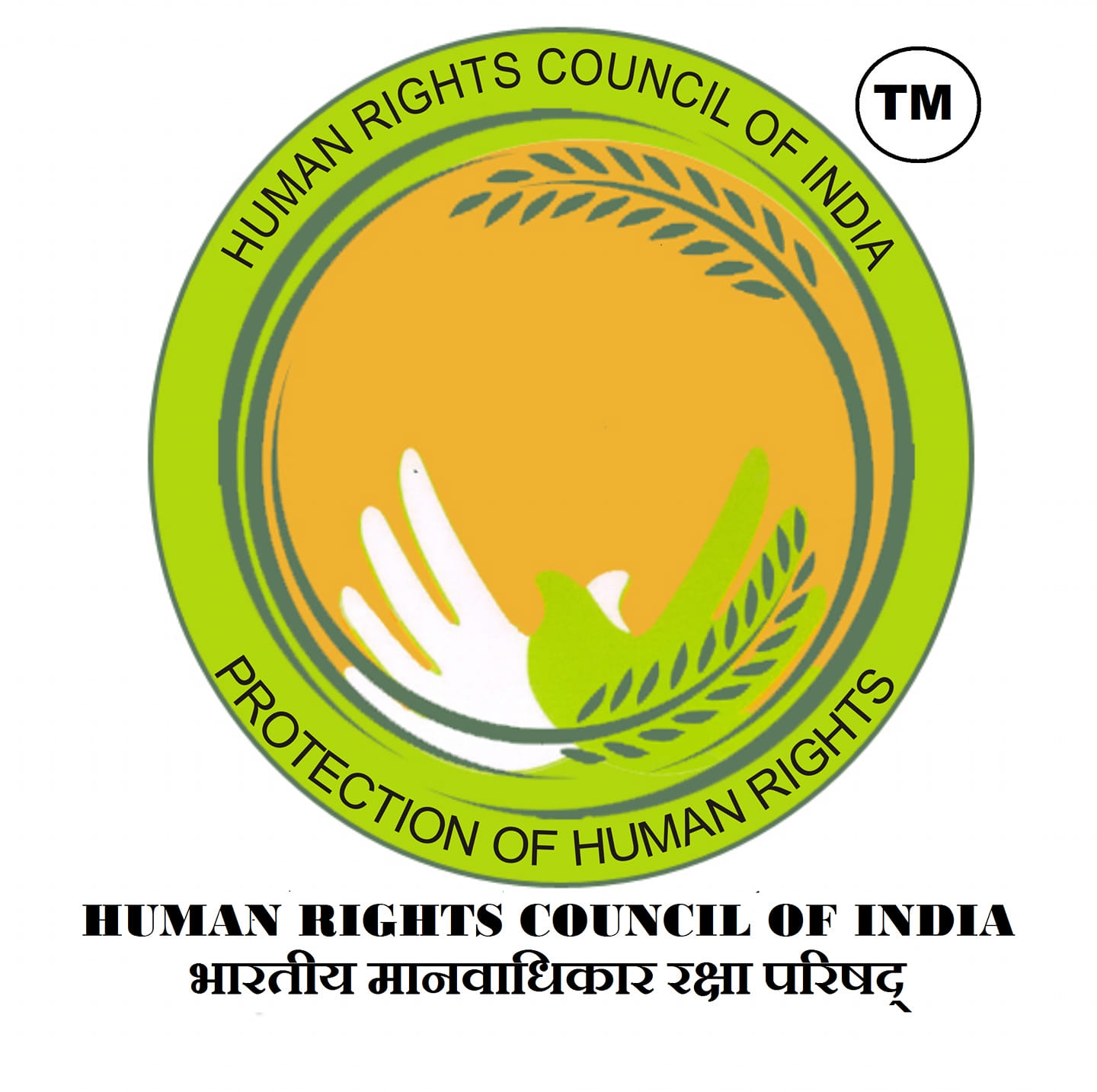Cause Area
Primary Sectors
- Media & Awareness
- Human Rights
- Legal
- Child & Youth Development
- Gender
- Senior Citizens
- Education
- Health
- Disaster Management
- Employment
- Tourism
- Art & Culture
- Water
- Agriculture
- Minority
- Data & Information
- Governance
- Housing
- Sports
- Technology
- Mobile solutions
- Specially Abled
- Supply Chain
- Food & Nutrition
- Tribes
- Prisoners & Jails
- Right to Information & Advocacy
- Impact Analysis
- Crowdfunding
- Sanitation
- Recycling
- Clothing
- Funding & Investing
- Eco-system enabler
- Energy & Environment
- Corporate Social Responsibility (CSR)
- Skill Development
- Research
- Animal & Wildlife
- Livelihoods
Secondary Sectors
Geographies Served
Programs
-
Anti-human Trafficking Initiative
District
Kolkata
States
West Bengal
The scourge of sex trafficking in women and children is a rapidly expanding criminal enterprise on both national and international fronts. It has spawned intricate criminal networks, sometimes with the backing of influential figures. Inadequate legislation and enforcement mechanisms further exacerbate this issue.
The Anti-Human Trafficking Initiative, launched in Northern India in 2014, is devoted to eradicating human trafficking. This initiative primarily concentrates on training locals to recognize victims, aiding in rescues, and providing comprehensive aftercare. Through education and vocational training, it equips these young women and children with the tools to envisage promising futures. The dedicated volunteers also play a crucial role by raising awareness about trafficking within their communities. By spearheading awareness campaigns, the organisation aims to substantially reduce and ultimately eradicate the demand for such abhorrent practices. -
Family support programme
District
Kolkata
States
West Bengal
The Family Support Programme at Human Rights Council of India operates in tandem with a client’s treatment process. Having a family member undergoing treatment can present challenges for everyone involved. This situation can often cloud decision-making abilities concerning how to support that family member during and after treatment.
This program emphasizes understanding the intricacies of addiction and its impact on all family members, fostering constructive problem-solving skills, and ensuring ongoing care for the entire family. Participants gain insights into various family dynamics and tools to construct healthy family systems while supporting a member in recovery. Additionally, tailored information about the family member in treatment is incorporated to promote the client’s sustained recovery and cultivate healthy family relationships. -
Community services
District
Kolkata
States
West Bengal
The Human Rights Council of India is dedicated to serving the community by actively engaging in focused programs aimed at raising awareness about addiction-related issues. These programs are integral to the PERT model (Prevention, Education, Research, and Treatment).
The organisation conducts awareness programs at:
• Identified segments of society, particularly marginalized and underprivileged groups such as jail inmates, street children, and similar forums.
• Corporates through Employee Assistance Programs.
• Public institutions like the WB Police and other similar organizations. Institutions such as schools, colleges, and clubs.
In addition to the above, the organisation actively participates in the following activities:
• Engagement with media (print and electronic) to disseminate awareness through frequent articles, interviews in leading publications, TV, and radio channels.
• Participation in seminars and health forums, including medical exhibitions.
Registration Details
-
Registration Number
00953/2012
-
CSR Form 1
Not Available
-
80G
AABTH4232LF20216
-
12A
AABTH4232LE20184
-
FCRA
Not Available
About
-
Headquarters
Kolkata, West Bengal
-
Since
2012
Impact
HRCI conducts focused programs to build awareness on addiction issues and implements a PERT model (Prevention, Education, Research, and Treatment) to address community needs.
Vision and Mission
HRCI aims to serve the country through humanitarian efforts, protect human rights, and promote social services without personal interest.
Political & Religious Declarations
-
Political Affiliation
-
Religious Affiliation
Location
-
Offices in Cities
Kolkata
Other Details
-
Type
Non-profit
-
Sub Type
Trust
Website
Technology Adoption
-
SOC 2 Compliant
No
-
Financial Management
-
Beneficiary Management

